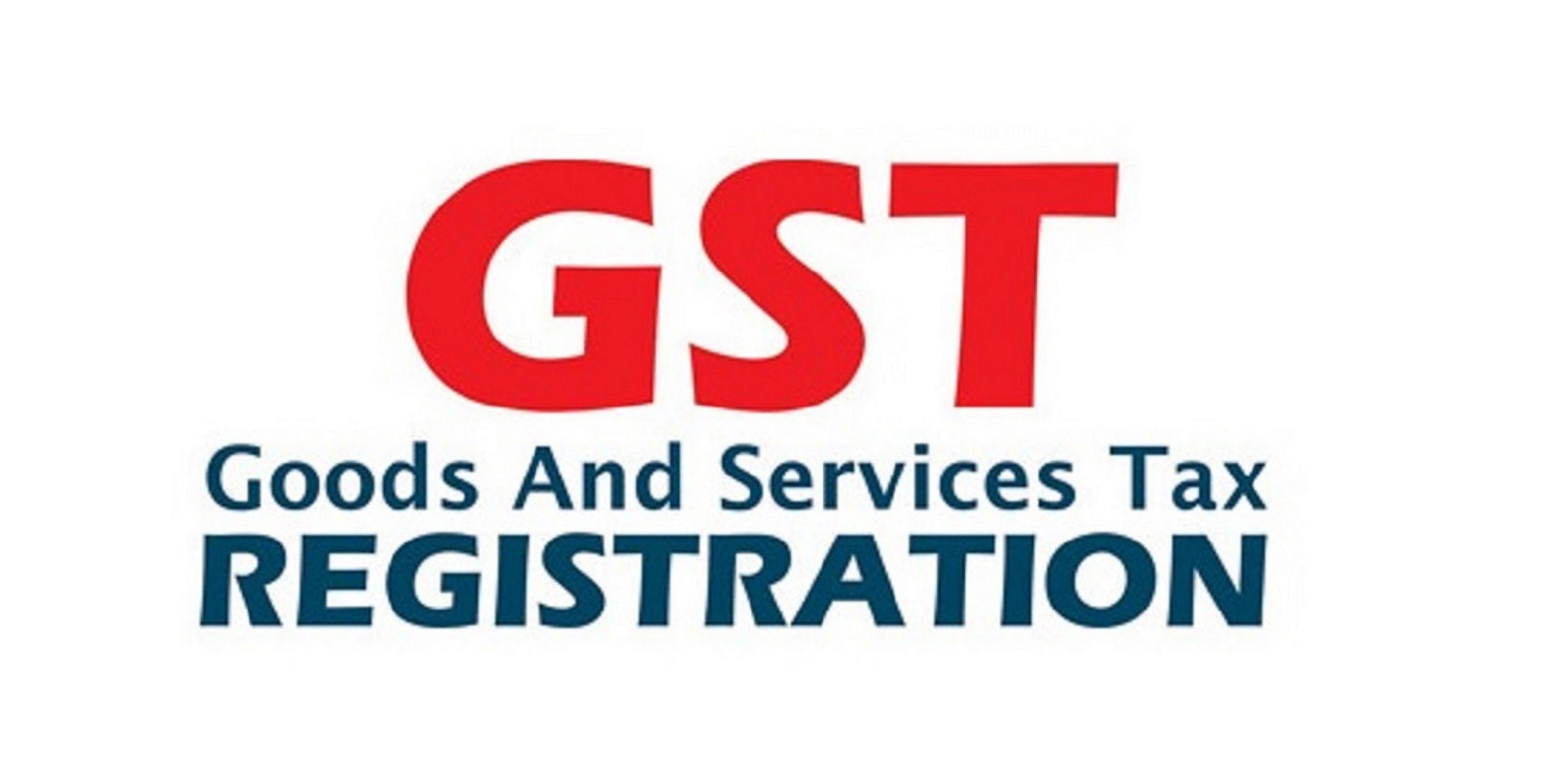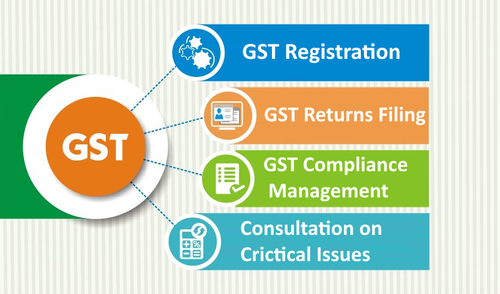Throughout: The Ultimate Roadmap to GST Registration for Organizations Looking For Financial Security
Browsing the complexities of Goods and Services Tax Obligation (GST) enrollment is a critical action for services making every effort for financial security. Damaging down the roadmap into workable steps can improve the registration journey for businesses looking to improve their financial standing.
Recognizing GST Fundamentals
Digging right into the essential principles of Product and Solutions Tax Obligation (GST) is vital for acquiring a detailed understanding of its effects on organizations and the economy. Input Tax Obligation Debt (ITC) is a substantial function of GST, enabling businesses to claim credit score for taxes paid on inputs, minimizing the overall tax burden. Recognizing the essentials of GST is important for organizations to comply with tax regulations, handle their funds efficiently, and contribute to the country's financial growth by taking part in a clear tax obligation system.
Qualification Criteria for Enrollment
To sign up for GST, companies should satisfy details eligibility requirements developed by the federal government. The key qualification requirement is that any type of service associated with the supply of goods or services with a yearly aggregate turn over over the threshold limitation set by the authorities should sign up for GST. As of the current policies, the threshold limitation for GST registration is an annual aggregate turnover of 40 lakhs for organizations running within a state, with the exception of unique group states where the limit is 20 lakhs. Additionally, particular businesses are required to register for GST irrespective of their turnover, such as interstate distributors, informal taxable individuals, and businesses accountable to pay tax obligation under the reverse cost system. It is important for companies to completely evaluate their turn over and deal types to determine their GST registration responsibilities precisely. Failing to register for GST when eligible can lead to fines and lawful consequences, making it vital for organizations to comply with the specified eligibility criteria.
Documents Needed for Registration
Having met the qualification criteria for GST registration, businesses must currently guarantee they have the requisite papers in place to wage the registration process successfully. The papers required for GST registration normally consist of proof of service constitution, such as partnership act, enrollment certification, or incorporation certificate for various kinds of companies. Furthermore, services need to provide records establishing the principal business, such as a rental arrangement or power expense. PAN card of the service, as well as the identity and address proof of promoters/partners/directors, are essential for verification purposes. Checking account declarations, together with canceled cheques or a duplicate of the bank passbook, are needed to confirm the financial details supplied during enrollment. Businesses have to have digital trademarks prepared for the accredited signatory. Making sure all these records are organized and easily offered will accelerate the GST registration process, making it possible for companies to conform with tax obligation regulations perfectly.
Step-by-Step Enrollment Refine
Commencing the GST registration process entails a collection of organized steps to ensure a certified and smooth enrollment for companies. The very first step is to visit the GST portal and submit the enrollment kind with accurate information of the company entity. Following this, the candidate gets a Temporary Reference Number (TRN) which is utilized to return to the application procedure if it's not finished in one go.
Following, all needed records according to the list supplied by the GST portal requirement to be posted. These papers typically consist of evidence of company registration, address and identity evidence of marketers, monetary statements, and business entity's frying pan card.

Post-Registration Conformity Guidelines

Final Thought
To conclude, businesses looking for financial stability should recognize the essentials of GST, fulfill qualification requirements, gather needed records, follow the detailed registration procedure, and conform with post-registration guidelines - Best GST registration services in Singapore. By adhering to these steps, organizations can make sure compliance with tax laws and preserve financial security in the long run
In addition, specific organizations are called for to register for GST irrespective of their turnover, such as interstate vendors, casual taxed individuals, and companies accountable to pay tax under the reverse charge mechanism.Having fulfilled the eligibility requirements for GST enrollment, businesses must now ensure they have the requisite files in place to proceed with the registration process efficiently. The records needed for GST registration commonly consist you could try here of proof of business constitution, such as collaboration deed, registration certificate, or consolidation certificate for various kinds of services. Furthermore, businesses require to offer files establishing the primary location of service, such as a rental contract or electricity bill.Starting the GST enrollment procedure involves a collection of organized actions to make certain a seamless and compliant registration for businesses.